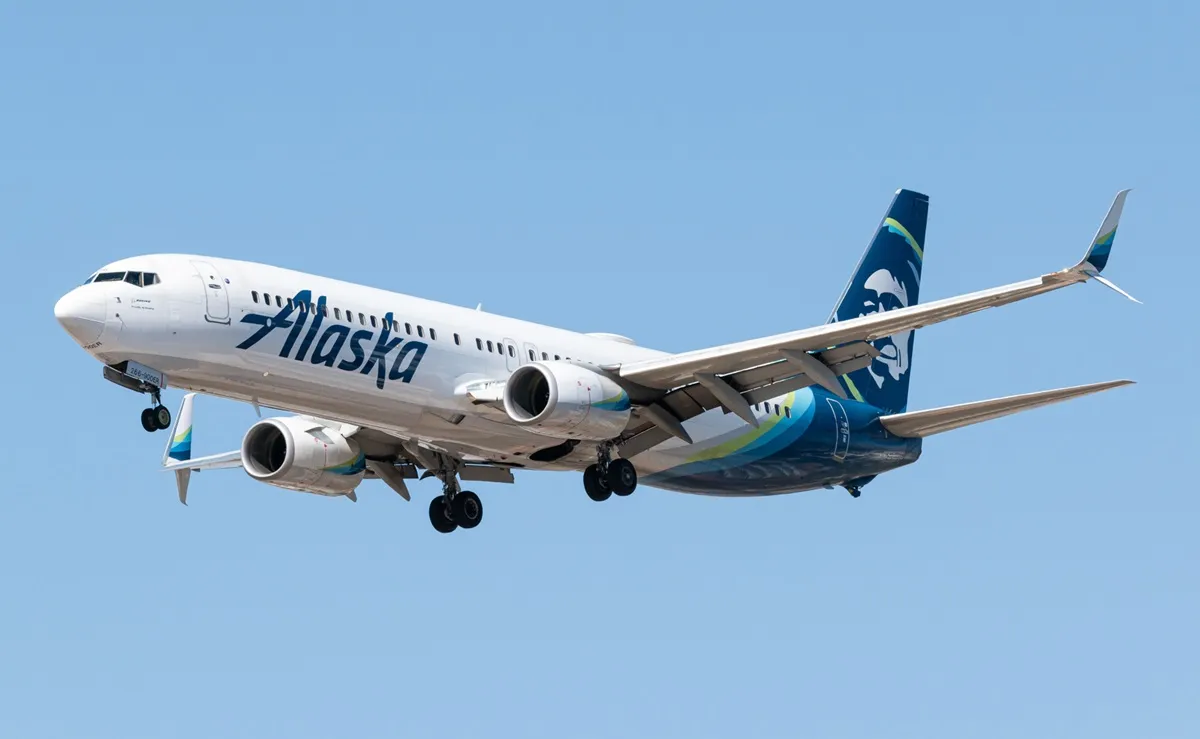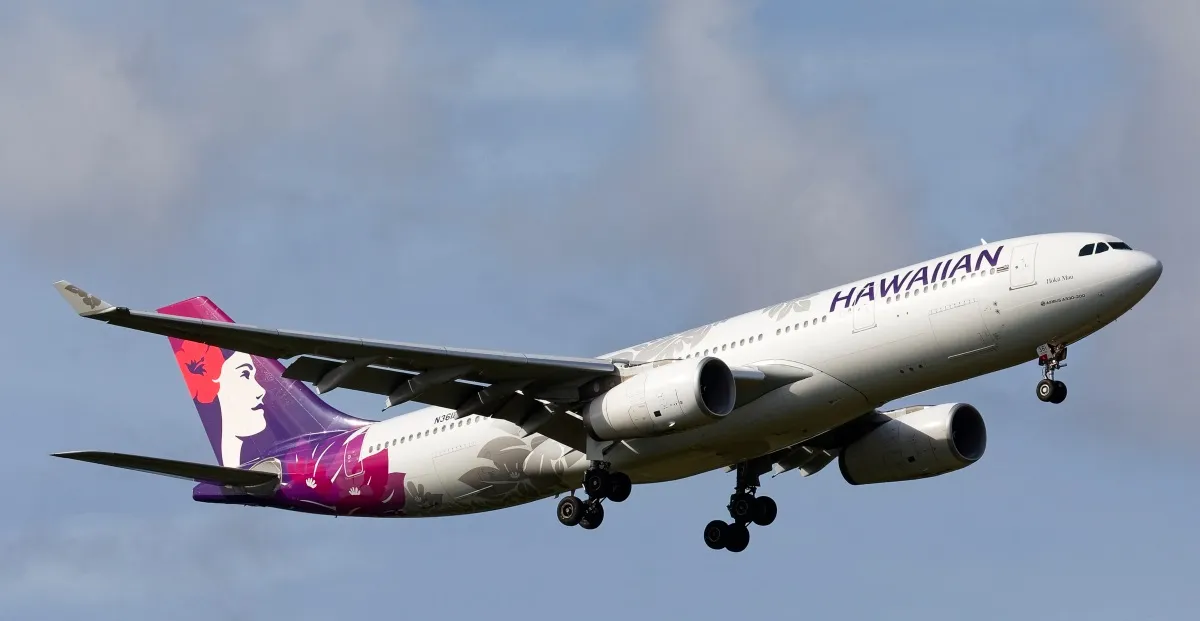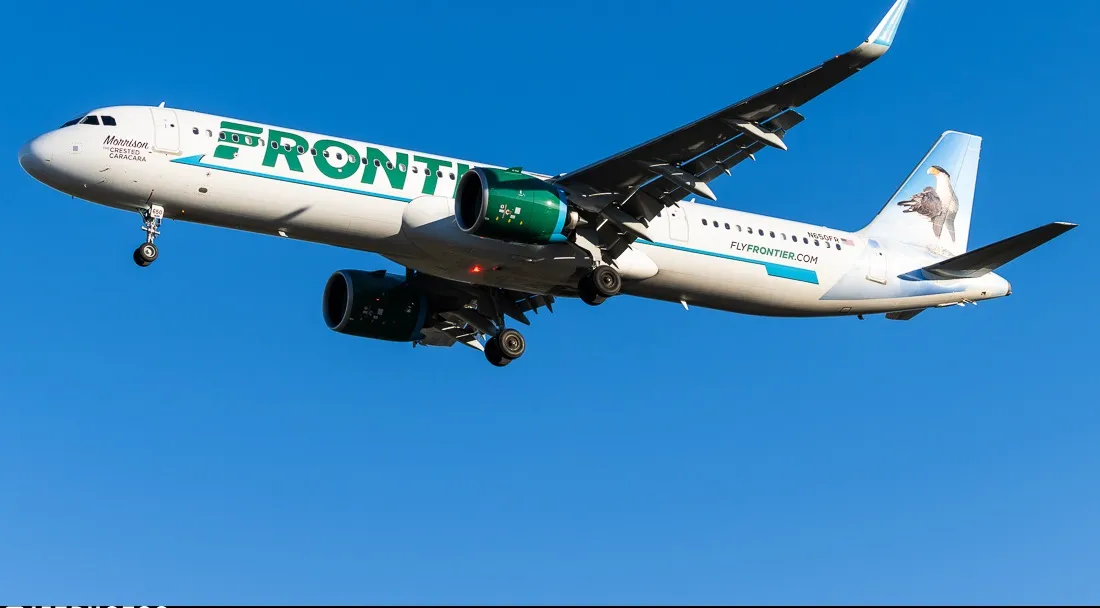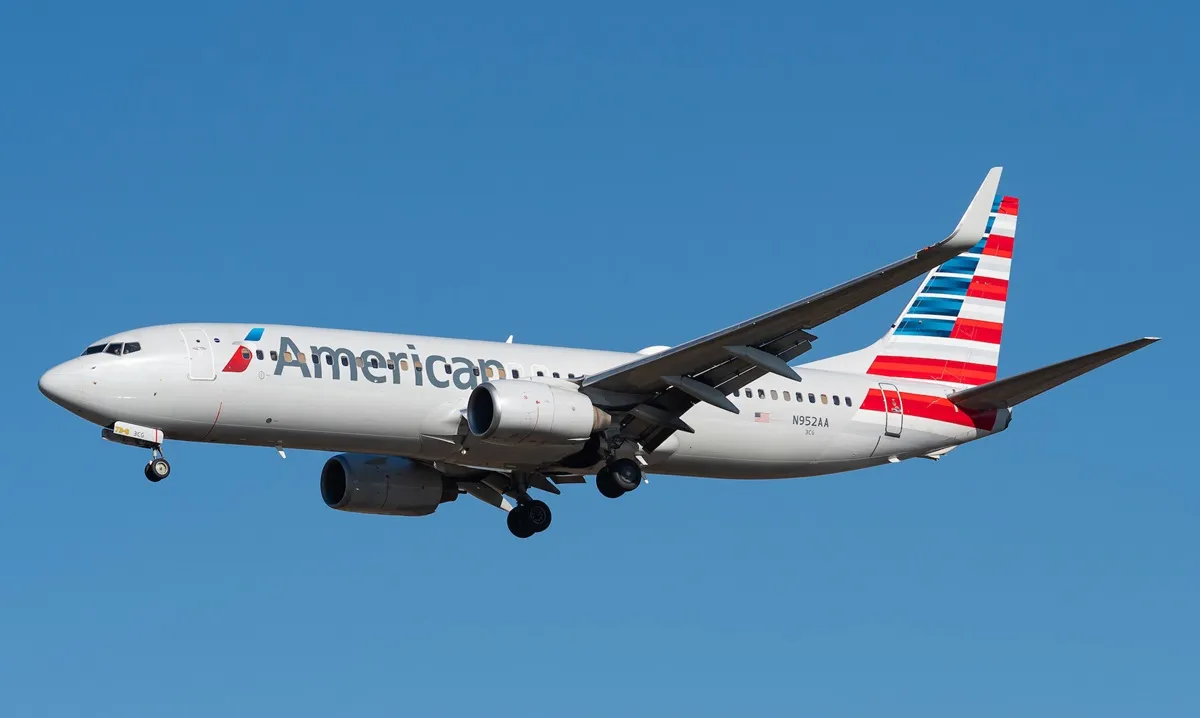
Dania Beach, Florida-based low-cost carrier Spirit Airlines filed for bankruptcy today, shaking up the commercial aviation industry by announcing a massive restructuring deal that comes as a result of the carrier losing more than $2.2 billion since the start of 2020.
Since the airline will continue flying and has indicated that it will not be operationally impacted in the short term, industry analysts are left with more complex questions to answer regarding what the budget airline's future could hold and how the industry will react to this news.
Budget airlines, Spirit Airlines especially, have struggled in the years following the pandemic to compete with low-priced basic economy products from full-service airlines, which have more extensive networks and valuable loyalty programs to leverage on customers thinking of booking with low-cost carriers.
Spirit's famous cost advantage, which led to its meteoric rise in the market, has dissipated, leaving the company fighting for its financial life.
Amid issues with the Pratt & Whitney 1100G engine, which powers nearly half of Spirit's Airbus A320neo fleet, according to industry database Ch-Aviation, the company's financial future looked to be headed beyond the point of no return.
This is exactly the reason that Spirit's board has made it very clear that the airline is for sale, and the carrier has attempted multiple mergers with other low-cost carriers, which have been blocked by Biden Administration regulatory actions.
With Spirit now under Chapter 11 protection, a Trump Administration on its way in, and multiple competitors eager to capitalize on Spirit's struggles, the commercial aviation industry is bound for a major shakeup in the first quarter of 2025. Let's take a deeper look at what the short and medium-term implications of Spirit's bankruptcy could be.
The airline industry goes through periods of restructuring under bankruptcy protection, which typically results in large-scale industry consolidation. Spirit could come back from these struggles on its own, but an acquisition by a competitor is clearly the carrier's cleanest path forward.
However, it appears that multiple early market reactions demonstrate a lack of confidence in the potential of a merger. It has been widely reported that Spirit's stock has cratered in the past week, dropping over 60% before the company's bankruptcy declaration halted trading at a new low of $1.08.
Most major airline industry players have had a fairly lukewarm reaction to Spirit's bankruptcy declaration. Delta, United, and American have seen equity valuations decrease by less than 1% today, keeping pace with a fairly moderate day on the markets as a whole.
JetBlue Airways, one of the primary competitors that could be looking to acquire Spirit, saw its stock price fall by 6.66% in Monday trading. Typically, market reactions would be positive towards a company whose major competitor just went under, but this lack of confidence in JetBlue demonstrates market uncertainty surrounding whether the struggling airline, as opposed to full-service competitors, will be in a better position to capitalize off Spirit leaving the market or potentially coming up for sale without the threat of Biden blocking a potential merger.
Frontier Airlines is likely in a stronger position to acquire Spirit Airlines, and, should it do so, it has the ideal operational network and business model in place to capitalize on synergies from this acquisition.
Spirit's bankruptcy comes along with increasingly low market confidence in whether such a merger will actually take place, especially in the wake of failed acquisition talks that took place last week. Frontier's shares fell around 20% in Monday trading, taking the security down to two-month lows.
The possibility of a Frontier acquisition of Spirit is undoubtedly not out of the question, and it, unlike JetBlue, has the financial resources to pull such a merger off if the two can come to favorable terms.
The confirmation of Trump's nominees for Attorney General, and Chairman of the Federal Trade Commission will also have a major impact on the likelihood of a potential merger being blocked. It appears now, however, that the market is expecting Spirit to leave the industry, or significantly reduce its presence, in the coming months.
Legacy carriers are standing by, and are likely uninterested in mergers due to the drastic differences between their business models and Spirit's. They will happily wait to continue capturing any market share abandoned by Spirit should it leave the market with their basic economy fares.
According to Yahoo Finance, airline industry stocks have outperformed the S&P 500 by around 30% since the start of 2024, with United Airlines, Delta Air Lines, and Alaska Airlines leading the charge with year-to-date returns of more than 30% each.



